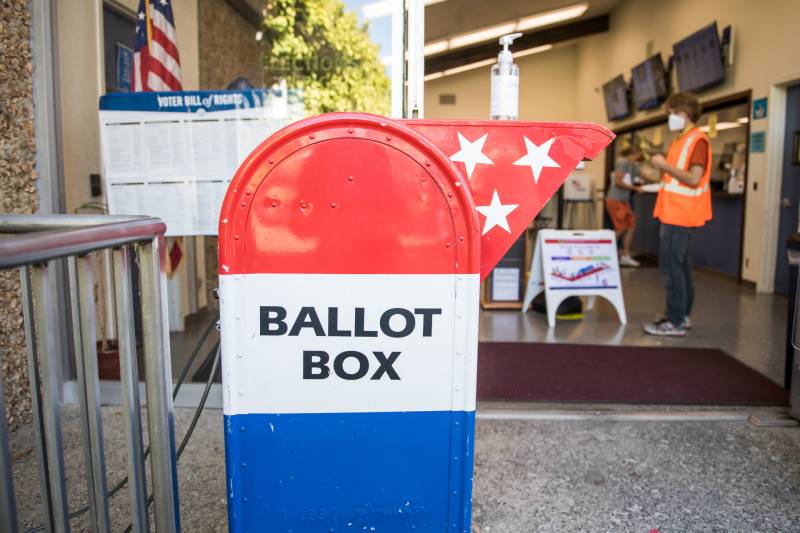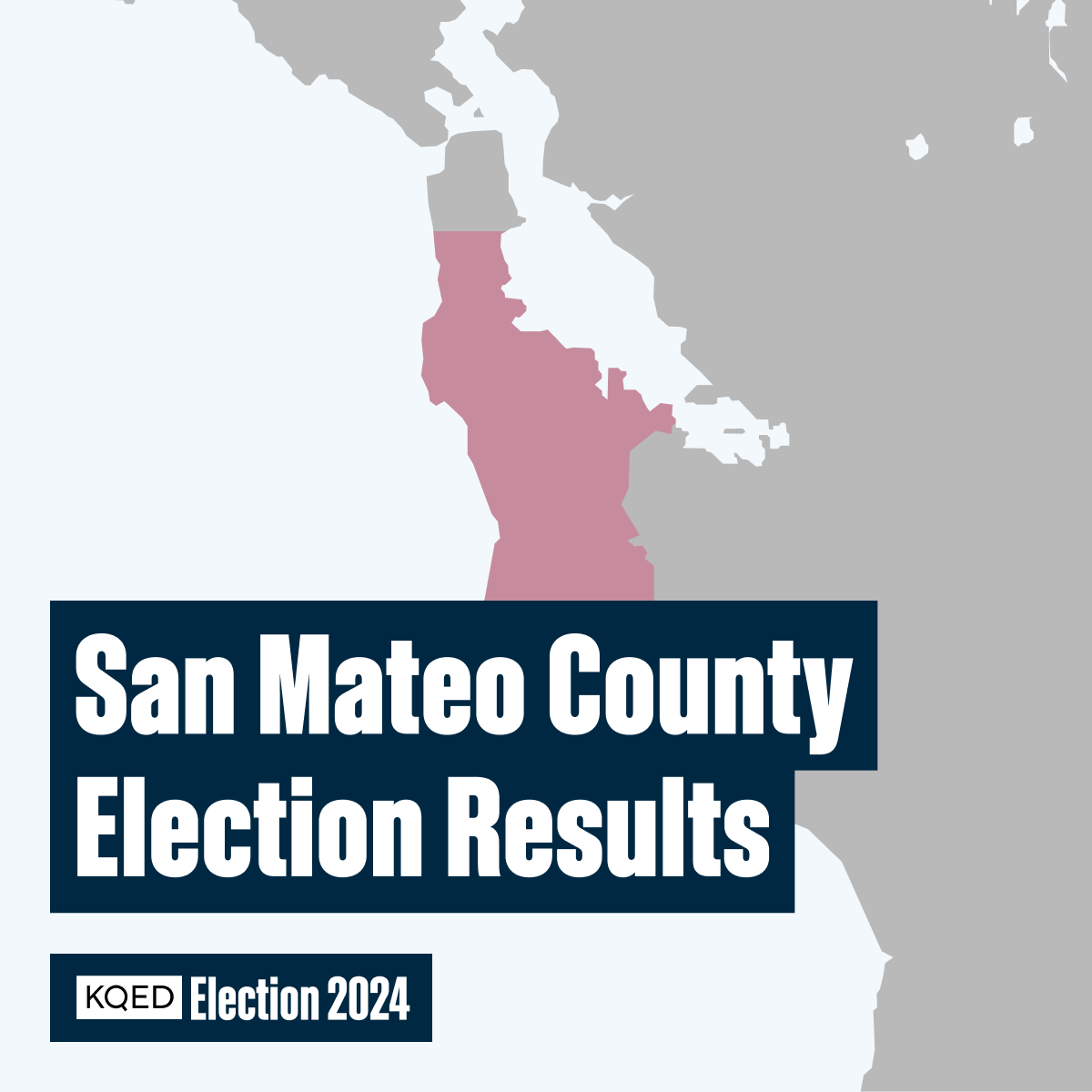The election came several days after the regional air district hit oil company Valero with the agency’s largest penalty ever, an $82 million fine for at least 15 years of unreported toxic emissions and other alleged air quality violations at its Benicia refinery. And it came nine months after Chevron and PBF gave up their attack on new refinery pollution controls, leading to a settlement with the companies worth tens of millions of dollars.
McCune said he earned the win and that the oil industry super PAC had no big influence.
“I started campaigning somewhat early. I started walking streets and knocking on doors in August, and I managed to walk every street in the district by Election Day. I put out yard signs six weeks before any other candidate,” McCune said in an email to KQED.
“I think of myself as the most centrist candidate in this race. I didn’t try to appeal to the extremes. I think that worked well in Belmont District 4,” he said.
Hurt and McCune faced off against each other because Belmont recently transitioned from citywide, at-large elections to district contests.
In the past, oil industry groups have poured money into elections in Richmond and Benicia, cities that are home to the Chevron and Valero refineries.
Hurt has pointed out that Belmont has no oil industry infrastructure.
The super PAC involved in Belmont’s election is officially called the Committee for Jobs and the Economy, Sponsored by Energy Companies and Building Trades Unions Representing Working Men and Women. Its representatives and those for the oil companies funding it have not commented on why they spent money on flyers supporting McCune.
Melissa Michelson, a political scientist at the Peninsula’s Menlo College, said McCune’s win is another example of the power of outside spending unleashed by the Supreme Court’s 2010 Citizens United decision. That 5–4 ruling opened the way for corporations and unions to give unlimited amounts of money to political committees active in election campaigns.
“In a down-ballot race during a presidential election, candidates for local office often have a challenging time breaking through the noise to get their message out to voters,” Michelson said. “An outside group with deep pockets can get their message out and influence vote choice. It’s not unique to this race. We saw it all over the country yesterday.”


